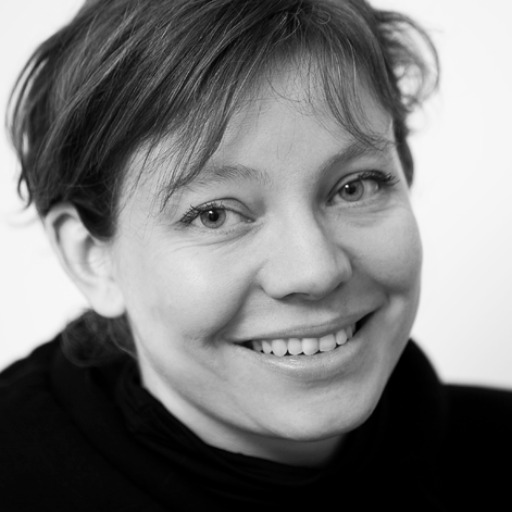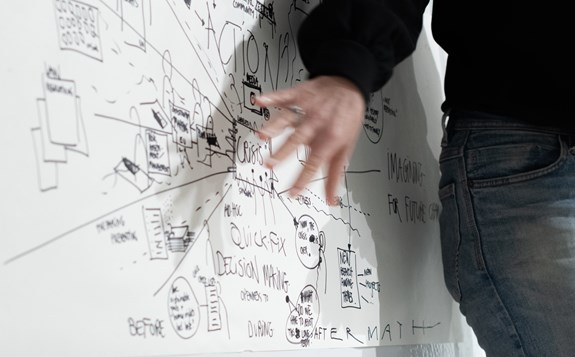We use cookies on this website. Cookies help us deliver the best experience on our website. Read about cookies.
-
- Education
- Education
- Programmes and courses
- Applications and admissions
- Tuition fees
- Scholarships
- Exchange studies at Malmö University
- Study Guidance
-
- After admission
- After admission
- Moving to Malmö
- Pre-orientation
- Arrival guide
-
- About studies at Malmö University
- About studies at Malmö University
- Why choose Malmö University
- Understanding university studies
- Connect with our students
On the page -
- Research
- Research
-
- Doctoral studies
- Doctoral studies
- Doctoral courses
-
- Doctoral schools
- Doctoral schools
- Adaptation of urban space through sustainable regeneration
- ComBine
- Culturally Empowering Education through Language and Literature
- Education, Learning and Globalisation
- Finding ways in a time of great future challenges (FinnFram)
- Swedish National Graduate School in Science and Technology Education Research
- Learning in Multicultural Societal Contexts
- Pedagogy and Vocational Skills
- Relevancing Mathematics and Science Education (RelMaS)
- Sustainable Movement Education
- The National Research School for Professionals in Social Services
- Research subjects
-
- Research centres
- Research centres
- Biofilms Research Centre for Biointerfaces
- Citizen Health
- Imagining and Co-Creating Futures
- Institute for Urban Research
- Malmö Institute for Migration Studies
- Literacy and Inclusive Teaching
- Centre for Work Life Studies
- Sustainable Digitalisation Research Centre
- Centre for Sexology and Sexuality Studies
-
- Research publications
- Research publications
- Search for research publications in Diva
- Malmö University Press
- Research events
- Participate in a research study
- Coffee Break Quiz
On the page -
- Collaboration and Innovation
- Collaboration and Innovation
-
- Levels of collaboration
- Levels of collaboration
-
- Local collaboration
- Local collaboration
- Muvah
- Regional collaboration
- National collaboration
- International collaboration
- Innovation
- Collaboration with students
-
- Collaborate with researchers
- Collaborate with researchers
- Labs and facilities
- Culture collaboration
- Support Malmö University
- Alumni & Friends
On the page -
- About us
- About us
-
- Faculties and departments
- Faculties and departments
-
- Faculty of Culture and Society
- Faculty of Culture and Society
- Department of Global Political Studies
- School of Arts and Communication
- Department of Urban Studies
-
- Faculty of Education and Society
- Faculty of Education and Society
- Department of Childhood, Education and Society
- Department of Sports Sciences
- Department of Culture, Languages and Media
- Department of Natural Science, Mathematics and Society
- Department of Society, Culture and Identity
- Department of School Development and Leadership
- The Centre for Teaching and Learning (CAKL)
-
- Faculty of Technology and Society
- Faculty of Technology and Society
- Department of Computer Science and Media Technology
- Department of Materials Science and Applied Mathematics
- Faculty of Odontology
- University Dental Clinic
-
- Find and contact Malmö University
- Find and contact Malmö University
- Visit Malmö University
-
- News and press
- News and press
- Graphic manual
- Map of the buildings (Google Maps)
- Merchandise
- Supplier information and invoice management
- Whistleblowing
- We will help you with your questions
- Management and decision-making paths
-
- Malmö University's strategy 2030
- Malmö University's strategy 2030
- Sustainability
- Widened recruitment and participation
- Quality assurance work at the University
-
- Malmö Academic Choir and Orchestra
- Malmö Academic Choir and Orchestra
- Student work – video pieces
-
- Annual Academic Celebration
- Annual Academic Celebration
- Academic traditions
- Meet our new professors
- Meet our new doctors
- Honorary doctors
-
- The University in a troubled world
- The University in a troubled world
- Campus total defence
On the page

Charlotte
Asbjørn Sörensen
Manager
charlotte.sorensen@mau.se
+46 40 665 72 49
orcid.org/0000-0002-8626-9224
Presentation
Material selection processes are complex as they are based on a wide range of criteria that need to be considered. There has been made studies to describe the activities during the selection process and how they relate to the product development process that takes place parallel to the material selection. The material selection process is different for engineers and designers, mainly based on what type of information that is required and when in the process the decisions are made. In general most design offices has developed their own material selection method. How unique are these methods? By working with case study’s the result hopefully can be used for extracting data for different purposes throughout the project. To be able to contribute to the field of material selection within industrial design the plan is to map the tacit knowledge within multidisciplinary design teams in the Öresund Region to look for an emerging pattern in material selection processes. In the end the goal is to suggest new guidelines for improved material selection methods and material selection sources for industrial designers. Master of Industrial Design, from The Danish Designschool. PhD-student in Industrial Design at Department of Design Sciences Lund University.
Publications
-
2024 | Conference paper
Regenerative Product Design: A Literature Review In An Emerging Field
Charlotte Asbjørn Sörensen, Annie Bursell, Enes Musa, Nicole Nikkola
-
2021 | Conference paper
A COMPARATIVE CASE STUDY OF BIO-BASED MATERIAL DEVELOPMENT BY DESIGNERS USING A DIY APPROACH IN A CIRCULAR CONTEXT
Charlotte Asbjørn Sörensen, Therese Rosén
-
2020 | Conference paper
Knowledge-carrying objects in learning situations
Elin Olander, Charlotte Asbjørn Sörensen, Enes Musa, Sara Andersson, Marielle Sterner
-
2020 | Conference paper
A Qualitative Study of the challenges faced by Material Designers when developing DIY-materials
Charlotte Asbjørn Sörensen, Emma Thyni
-
2018 | Licentiate thesis, comprehensive summary
A Material Framework for Product Design
Charlotte Asbjørn Sörensen
